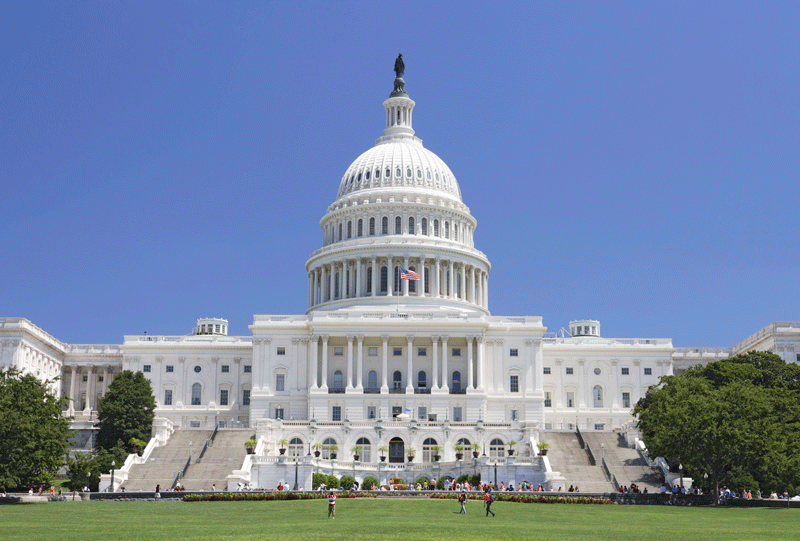
Republicans Not Seeking Reelection
When Republican Representative Darrell Issa of California announced last week that he would not be seeking re-election in November, he was responsible for breaking a record. He became the 31st Republican in Congress to say that they won’t run again in the 2018 elections.
This is the largest Congressional departure in history. The only other year that even came close was when 28 Democrats didn’t seek re-election in 1994. When that happened, Republicans gained control of Congress.
So what is causing this mass Republican exodus? And can we expect history to repeat itself? Does this mean that congressional control will flip to the Democrats in 2018?
Hedging Their Bets
For many Republicans, the decision not to run again is a very practical one: they don’t think they will win. Some of them represent districts that are largely Democratic, or that are moderate but went to Hillary Clinton in the 2016 election. At one time it may have been possible for a Republican to win or keep a seat in a moderately Democratic district. But American politics have become so polarized and extreme that they calculate this to be increasingly unlikely in 2018. And many of these Republicans would rather “quit while they’re ahead” than risk losing an election.
The Trump Factor
Historically, the party in power in the White House can generally expect to lose congressional seats in a midterm election. But this may be even more true than usual in 2018. No president in American history has ever had a lower approval rating than Donald Trump. In fact, his current approval rating is 22 points lower than the average modern president. For many critics, this sense of disapproval extends to the entire Republican Party. Political analysts sometimes refer to this idea as “Trump fatigue.” Every time Trump tweets something controversial (at least according to his critics) public opinion about him drops, and that reflects badly on the party that elected him.
Resistance groups such as Indivisible stage regular protests outside the offices of Republican representatives, and flood their offices with postcards and phone calls–which can become tiresome. These and other grassroots strategists–many used effectively by the Tea Party during President Obama’s time in office–can wear representatives down over time.
What’s Next?
Twelve of the Republicans who aren’t returning to their offices will be running instead for other things, including at least one race for a governorship. Others are accepting jobs in the private sector, where they can expect much greater job security–and much less public criticism. Many have stated that they would like to spend more time with friends and family, out of the public eye.
So Can Democrats Take Back Congress in 2018?
While the wave of Republican departures certainly makes it easier for Democrats to flip Congress, this outcome is not at all guaranteed. Democratic candidates will need to turn over 24 seats in the House of Representatives. And in the Senate, they will need to hang on to 25 seats, plus win 3 more. But a Democratic takeover is possible: a recent poll by FiveThirtyEight predicted that Democrats would win the House by 10 points if the election were held today.


